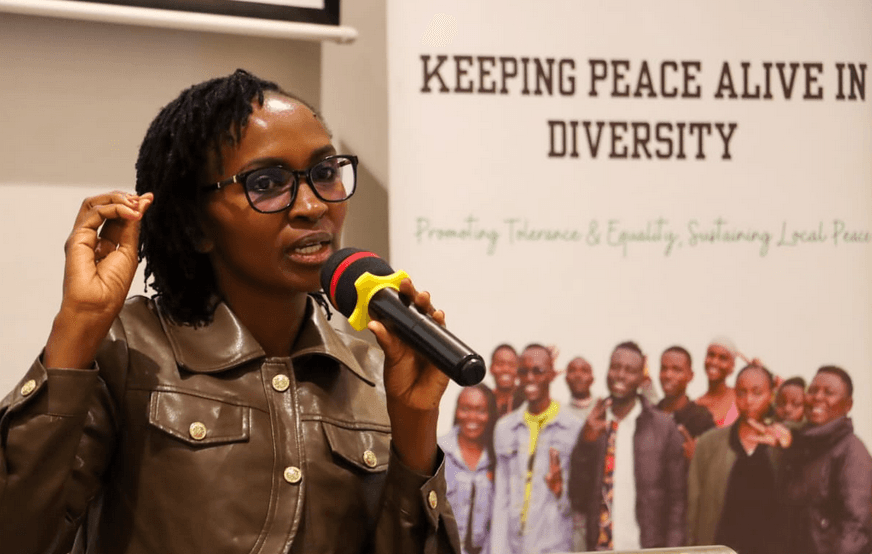We're loading the full news article for you. This includes the article content, images, author information, and related articles.
County health officials credit community outreach and broad stakeholder engagement for the success, even as they urge continued vigilance against vaccine hesitancy to ensure no child is left unprotected.

Uasin Gishu — Uasin Gishu County has achieved 82% full immunisation coverage for children under two years, marking a major public health success even as Kenya faces a worrying nationwide decline in vaccination uptake. Local health authorities say the milestone ensures the majority of children in the county are protected against life-threatening but preventable diseases.
According to County Health Services Director Dr. Evans Kiprotich, the achievement means most children have received the full set of routine vaccines — including oral polio drops, the pentavalent shot (covering diphtheria, tetanus, pertussis, hepatitis B, and haemophilus influenzae type B), and measles-rubella doses — by their second birthday.
“This milestone is critical. Every vaccine administered is a shield against outbreaks that once devastated communities,” Dr. Kiprotich said. “But we cannot be complacent. Every missed dose leaves a child vulnerable.”
Officials credit the county’s progress to a multi-pronged approach that combined aggressive outreach with broad partnerships. A county-level forum recently brought together Ministry of Health officials, religious leaders, civil society organizations, and media representatives to champion immunisation and counter misinformation.
“Immunising a child is not just the health department’s job — it’s a shared responsibility,” Dr. Kiprotich emphasized. Religious leaders have used pulpits, community health workers have gone door-to-door, and local radio has aired campaigns to increase awareness.
Despite the gains, challenges remain. Vaccine hesitancy, fueled by misinformation and cultural resistance, continues to affect some communities. Geographic barriers also limit access in remote areas.
Uasin Gishu’s Expanded Programme on Immunisation (EPI) team is intensifying grassroots campaigns, working with local organizations to build trust and ensure that “no child is left behind.” EPI Coordinator Joshua Masai said mobile outreach clinics and community health volunteers are central to bridging the gap. “Our focus is on inclusivity — every child, in every ward, must be reached,” he explained.
The county’s performance stands in sharp contrast to national figures. Kenya’s overall immunisation coverage has slipped in recent years, falling below World Health Organization (WHO) benchmarks of 90% and leaving the country vulnerable to outbreaks of measles, polio, and other preventable diseases.
Health experts attribute the national decline to pandemic disruptions, reduced funding for outreach, and growing vaccine hesitancy. The Ministry of Health has since called for renewed investments and stronger local initiatives to restore Kenya’s standing.
Public health analysts say Uasin Gishu’s model — community-driven, multi-sectoral, and proactive — could serve as a blueprint for other counties grappling with stagnating coverage. Sustaining the momentum will require consistent vaccine supply chains, continuous public engagement, and expanded support for health workers at the grassroots level.
For parents like Miriam Chebet, whose one-year-old daughter recently completed her vaccination schedule, the impact is tangible. “I have peace of mind knowing my child is safe from diseases that killed children in the past,” she said.
As Kenya battles declining national coverage, Uasin Gishu’s success demonstrates that with coordinated action and community trust, achieving — and surpassing — global targets remains within reach.
Keep the conversation in one place—threads here stay linked to the story and in the forums.
Sign in to start a discussion
Start a conversation about this story and keep it linked here.
Other hot threads
E-sports and Gaming Community in Kenya
Active 9 months ago
The Role of Technology in Modern Agriculture (AgriTech)
Active 9 months ago
Popular Recreational Activities Across Counties
Active 9 months ago
Investing in Youth Sports Development Programs
Active 9 months ago